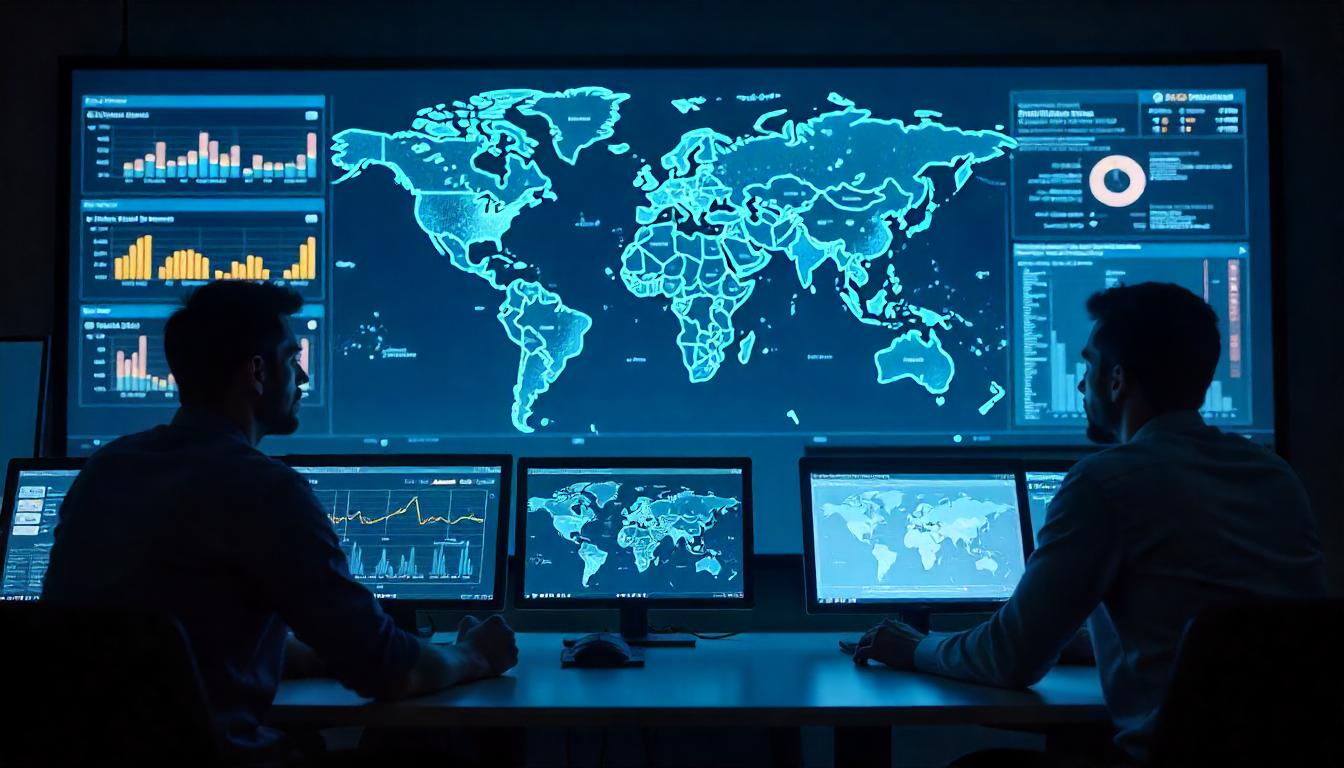Future of Work: Will AI Replace Human Jobs?
Artificial Intelligence (AI) is transforming industries at an incredible pace. From automating routine tasks to analyzing complex data, AI’s capabilities continue to expand. But as these technologies grow more powerful, many people are left wondering: Will AI eventually take over human jobs?
How AI Is Reshaping Work
AI is already deeply embedded in many workplaces. Businesses use smart algorithms for faster decision-making, virtual assistants help handle customer support, and robots are performing tasks on factory floors.
These tools bring many benefits, like improving efficiency, reducing costs, and boosting productivity. Yet they also create anxiety about the future of employment.
Jobs Most Vulnerable to AI
Certain types of work are more at risk of being replaced by AI:
- Repetitive Tasks
Jobs that involve doing the same actions over and over—such as data entry, simple accounting, or assembly line work—are prime candidates for automation. - Customer Service Positions
AI-powered chatbots and virtual assistants are handling many routine customer queries, potentially reducing the need for human agents. - Transport and Logistics
Innovations like self-driving trucks and automated warehouses could impact roles in transportation and logistics.
Jobs Likely to Endure
Even as AI advances, some roles remain safe—and may even grow in importance:
- Creative Roles
Jobs in writing, design, art, and other creative fields rely on imagination, originality, and human emotion—areas where AI still falls short. - Complex Problem-Solving
Careers that require critical thinking, strategic decision-making, and deep expertise—such as scientific research or business strategy—are difficult for AI to fully replicate. - Human-Centric Work
Roles in healthcare, education, counseling, and caregiving depend on empathy, intuition, and personal interaction, making them less vulnerable to automation. - AI-Related Careers
As AI expands, new jobs are emerging in developing, maintaining, and regulating these systems.
The Changing Job Landscape
While it’s true that AI will replace some jobs, it’s also likely to create new opportunities we can’t yet imagine. History has shown that technology often opens new career paths. For example, the rise of the internet led to entirely new fields like web development, digital marketing, and social media management.
AI is poised to do the same, transforming industries and generating new types of work.
How We Can Prepare
Facing these changes means taking action. Workers, employers, and policymakers all have roles to play:
- Keep Learning New Skills
Upskilling and reskilling will be key to staying relevant in the workforce. Learning about technology, creativity, and human-centered skills can make a significant difference. - Adopt Lifelong Learning
Embracing continuous learning helps individuals adapt as new industries and jobs emerge. - Support Workforce Transitions
Governments and companies should help workers affected by automation find pathways into new careers.
Humans Still Have the Edge
While AI is incredibly capable, it lacks the creativity, empathy, and moral judgment that define human intelligence. AI will undoubtedly reshape the workplace, but it’s unlikely to completely replace humans. The future of work will likely involve humans and machines collaborating, each bringing unique strengths.
So, will AI replace human jobs?
Some jobs will change or disappear—but new opportunities will also arise. Humans will remain essential to the workforce, provided we’re ready to evolve along with the technology.





